Considering that most of us don’t really eat the healthiest diets, it’s natural to assume we may be missing some of our daily nutritional requirements. Therefore, it’s no surprise that many people buy supplements in the hopes of filling those potential nutritional gaps. Yet some people may be taking it too far. In fact, there is a good chance that you may be doing more damage than good if you use too many supplements. There are several supplements linked to liver failure that you should be particularly wary of.
Supplements Linked To Liver Failure
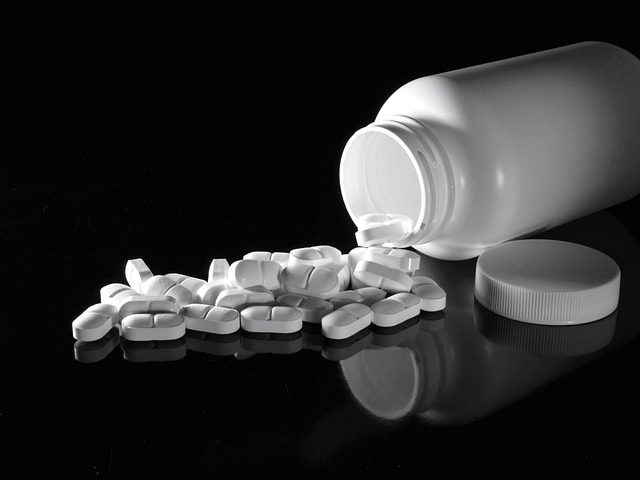
A 2022 study revealed that supplement-related drug-induced liver failure escalated eightfold between 1995 and 2020. According to that study, the majority of multivitamins could potentially cause damage to our livers. Researchers from the University of Michigan identified six supplements commonly used by American adults that cause damage to the liver. Now, one would assume that it must surely be synthetic supplements causing the damage. However, you may be surprised to learn that the supplements are all botanical-based. These supplements linked to liver failure are Black cohosh, Garcinia cambogia, red yeast rice, green tea, turmeric, and Ashwagandha.
How Can Supplements Cause Damage to the Liver?
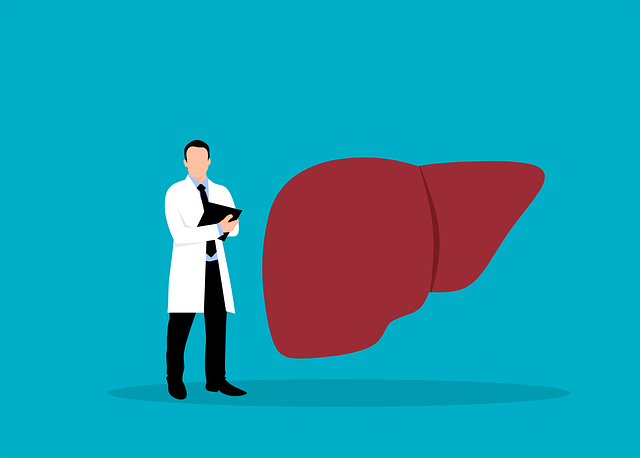
So, how come they are considered health supplements if they are damaging to your health? What about these supplements is dangerous? One major issue is that there is often a great deal of mislabeling going on. One study found a 50% mismatch between the ingredients stated on the bottle and the actual ingredients contained in the supplement. Furthermore, other studies have confirmed the presence of dangerous, toxic heavy metals in the supplements. Additionally, the FDA does not test these supplements for quality, effectiveness, and safety. In fact, the FDA regulates them as food, not drugs.
Open To Manipulation
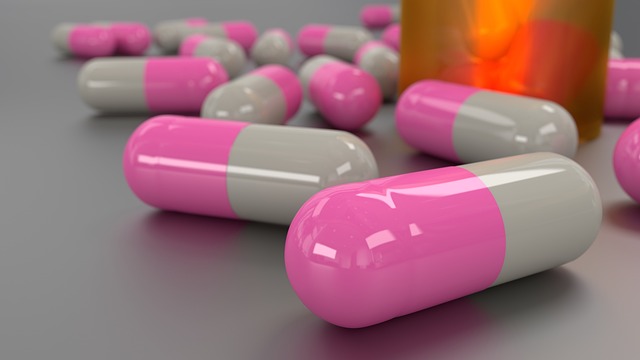
Because of the lack of proper safety regulations, it is up to the consumer to do some research. There are independent studies out there, but the information doesn’t always reach the public in any meaningful way. Unfortunately, this can lead to a lot of misinformation and outright scams. That isn’t to say that all supplements should be avoided and that they are totally free of any benefits. However, certain supplements definitely pose more of a risk than others. Let’s take a closer look at a few supplements linked to liver damage.
Garcinia Cambogia

Garcinia cambogia is a fruit that is widely used as a weight loss supplement. It contains hydroxycitric acid (HCA), which is thought to help suppress hunger and inhibit an enzyme in the body that produces fat. However, potential risks to the liver may outweigh the advantages. Garcinia cambogia has been linked to abrupt liver failure and hepatitis-like symptoms, particularly when combined with other weight loss supplements. In severe cases, patients even required liver transplants.
Black Cohosh
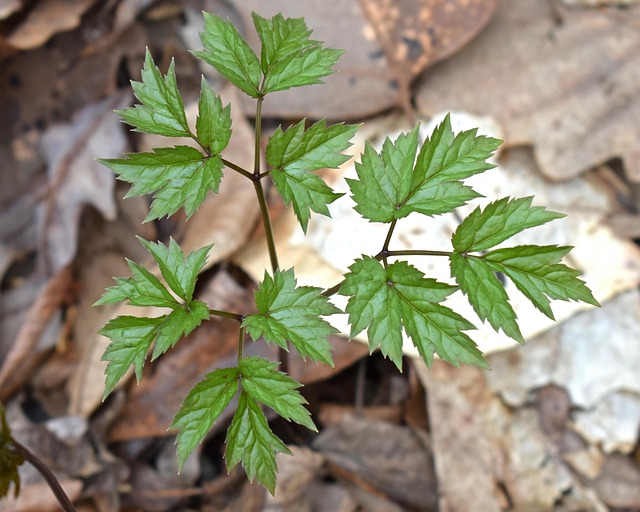
Black cohosh is a plant with a long history of medical usage. It has the potential to help manage menopausal symptoms and hormone imbalances, as well as reduce night sweats, hot flashes, mood swings, and sleep difficulties. Several case reports have connected black cohosh consumption to liver disease, including hepatitis and liver failure, which required liver transplants. Jaundice, high liver enzyme levels, and acute hepatitis are all potential risks linked to using Balck cohosh.
Read More: 13 Medications and Supplements That May Help Slow Brain Aging
Ashwagandha
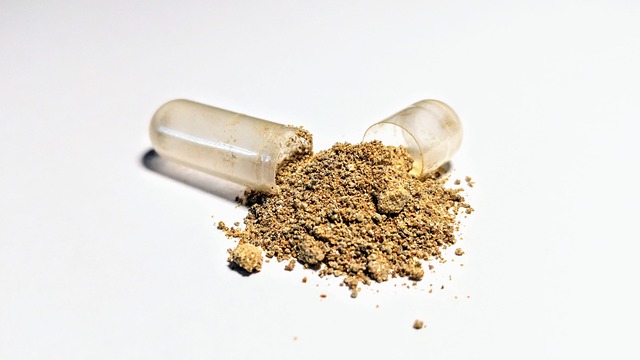
Considered an adaptogen, Ashwagandha helps the body deal with stress. It helps to reduce serum cortisol levels, leading to better quality sleep. However, some ashwagandha users have suffered severe liver damage. In other cases, symptoms appeared and subsequently disappeared once use of the supplement was discontinued. People should also be skeptical of commercial herbal supplements labeled as solely containing ashwagandha. These supplements are typically a combination of various herbs and nutritional ingredients, which are sometimes mislabeled. When purchasing ashwaganda its imporant to seek out a product that is thrid party tested for potency and purity.
Red Yeast Rice
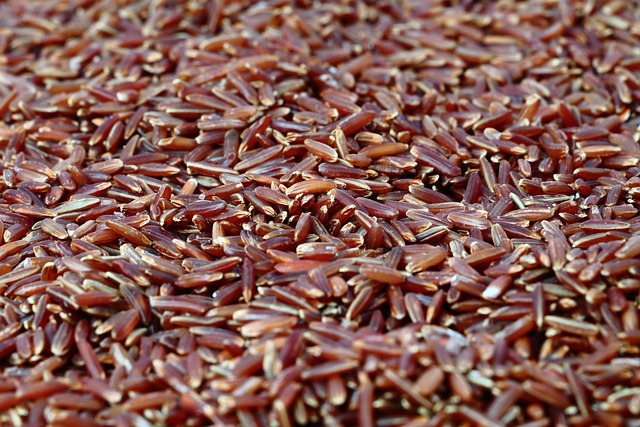
Red yeast rice is a traditional Chinese medication derived from fermented rice. It contains chemicals called monacolins, which are related to statins and may help decrease cholesterol levels. However, red yeast rice can induce raised liver enzymes, inflammation, and, in rare circumstances, acute liver failure. The risk rises with greater doses and longer use, particularly when coupled with other statins or hepatotoxic medications.
Green Tea Extract
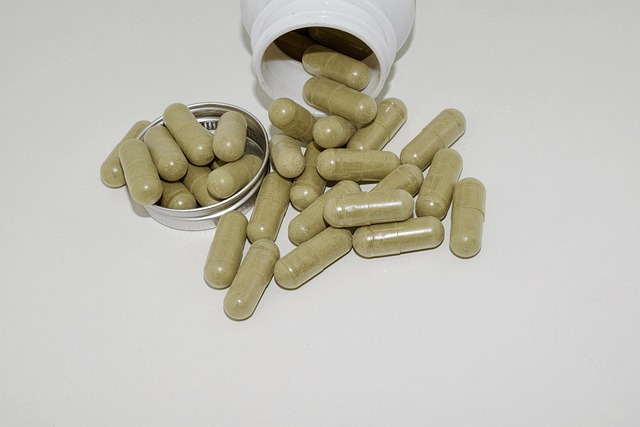
Green tea extract is high in antioxidants known as catechins. Its strong anti-oxidant concentration helps to counteract oxidative stress, which has been related to chronic diseases like diabetes, cancer, and cardiovascular disease. However, associated risks include hepatitis, liver toxicity, and liver failure. The toxicity is thought to be dose-dependent and possibly caused by an excess buildup of catechins in the liver, resulting in oxidative damage and inflammation.
Turmeric
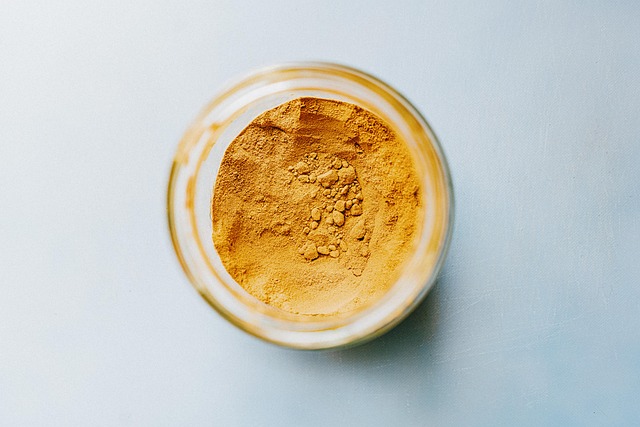
Turmeric is a spice that contains the compound known as curcumin. This compound has strong anti-inflammatory and antioxidant effects. These attributes could help with illnesses such as inflammatory bowel disease or arthritis. However, excessive turmeric supplement use has been linked to liver toxicity, which results in raised liver enzymes and, in rare instances, liver damage. Yet, if used moderately, it can promote digestive health and improve cognitive function.
The Bottom Line On Supplements Linked To Liver Failure
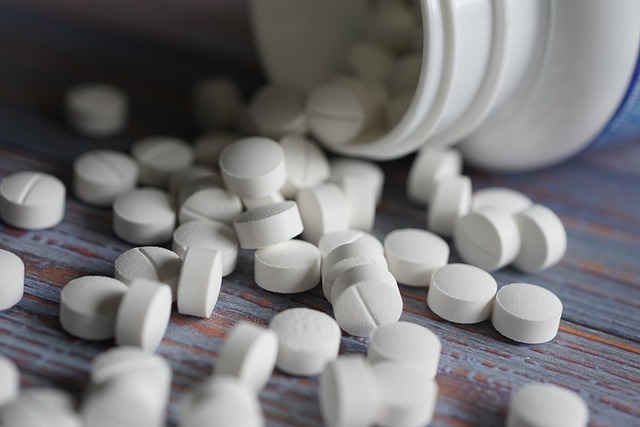
Supplements are typically sold as natural and healthy, but they are not without side effects and risks. This is particularly true when used excessively or without sufficient regulation. Worryingly, there are many supplements linked to liver failure. Botanical supplements such as Garcinia cambogia, black cohosh, and green tea extract have all been linked to severe liver problems, including failure. Mislabeling, toxic pollutants, and a lack of FDA regulation all add to the hidden dangers. Though some of these supplements may offer significant health benefits when used correctly, they must be approached with caution. Before starting any supplement, always visit a healthcare practitioner, and keep in mind that “natural” does not always mean safe, especially when it comes to your liver.
Disclaimer: This information is not intended to be a substitute for professional medical advice, diagnosis or treatment and is for information only. Always seek the advice of your physician or another qualified health provider with any questions about your medical condition and/or current medication. Do not disregard professional medical advice or delay seeking advice or treatment because of something you have read here.
Read More: 3 Morning Supplements That May Help to ‘Slow Down’ Aging And ‘Promote Longevity

